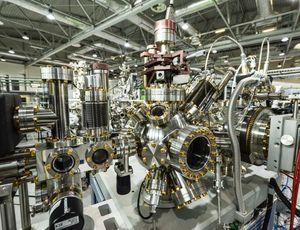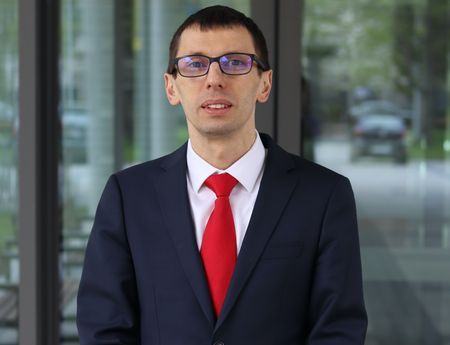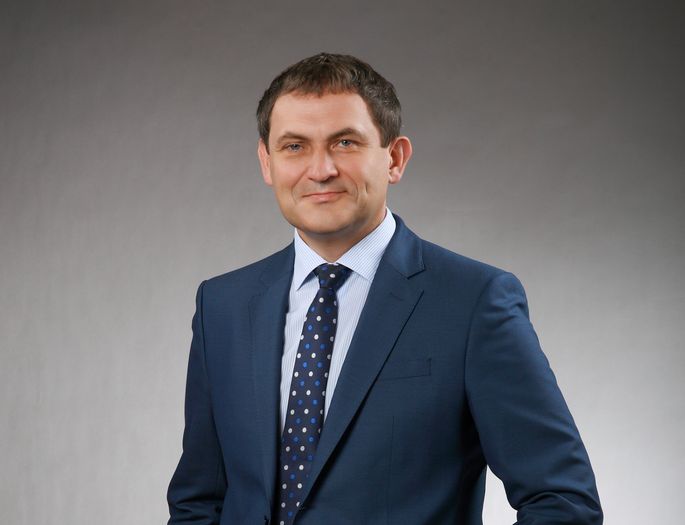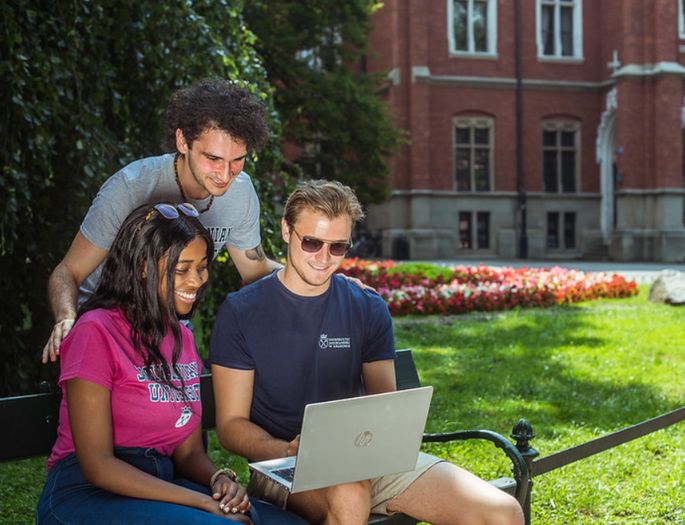
After a long and arduous process, Poland became a full member of the CERIC-ERIC, a consortium bringing together specialised laboratories from leading research centres in Central Europe. Our country will be represented by the National Synchrotron Radiation Centre SOLARIS.
The CERIC consortium is working under the auspices of the European Commission. Until recently, its full time members comprised Austria, the Czech Republic, Italy, Romania, Serbia and Slovenia. Croatia and Hungary currently have the observer status. Every member state of the consortium is required to make one of its research facilities accessible to others. The facility's infrastructure must allow for studies related to technologies which use photons, electrons, neutrons, and ions (some examples include material engineering and nanotechnology). All facilities are first examined by an independent international team of experts. Scientists can use them free of charge – they only need to apply in advance. The committee then selects the best applications based on several criteria.
Poland has been seeking to gain a full time membership for a few years. The formal motion was issued by the Ministry of Science and Higher Education in January 2016 and approved on 29 February 2016 by the CERIC-ERIC General Assembly. Based on the Polish government's decision, the SOLARIS synchrotron was chosen as the research facility to be made accessible to other members.
"It's a historic day for our research centre. Becoming a full time member of the consortium will grant us the funds we need to function and develop. The mission of SOLARIS is to facilitate the use of state-of-the-art synchrotron radiation technology for research groups. We're open for specialists from various fields of study, both from Poland and abroad. Accessing the CERIC-ERIC consortium will allow us to improve our ability to acquire more funding from the European Union and strengthen our cooperation with other research centres in Europe," said Prof. Marek Stankiewicz, head of the SOLARIS Centre.
CERIC-ERIC introduces a new mechanism in internationalisation of research facilities. Access to high-tech devices of all member states offer extraordinary opportunities for advancements in various academic areas.
The Jagiellonian University National Synchrotron Radiation Centre SOLARIS is the first of its kind in Central Eastern Europe. Synchrotrons, sources of a unique type of light, allow scientists from around the world to achieve breakthroughs in a multitude of disciplines, such as physics, chemistry, medicine, archaeology and art history.





